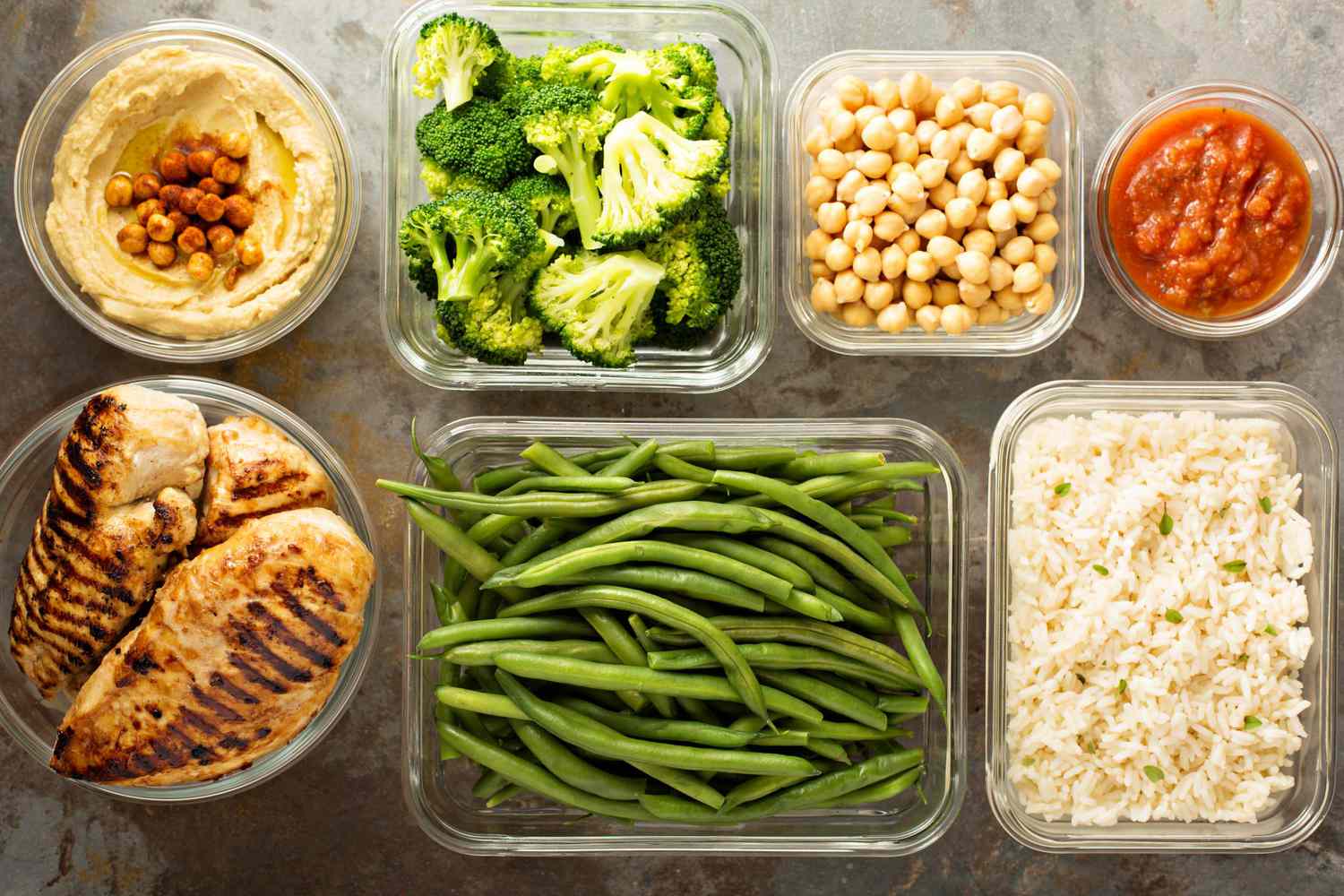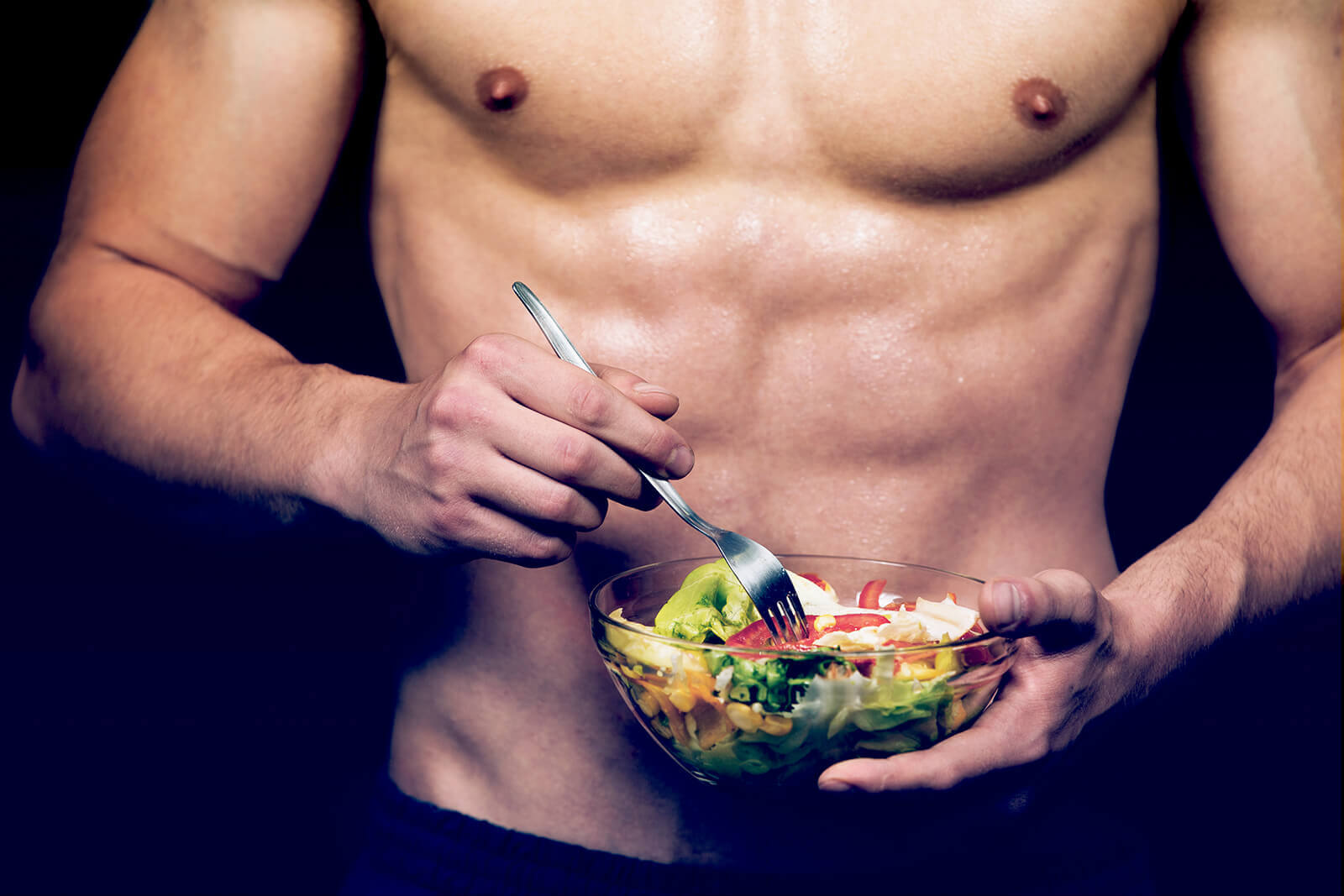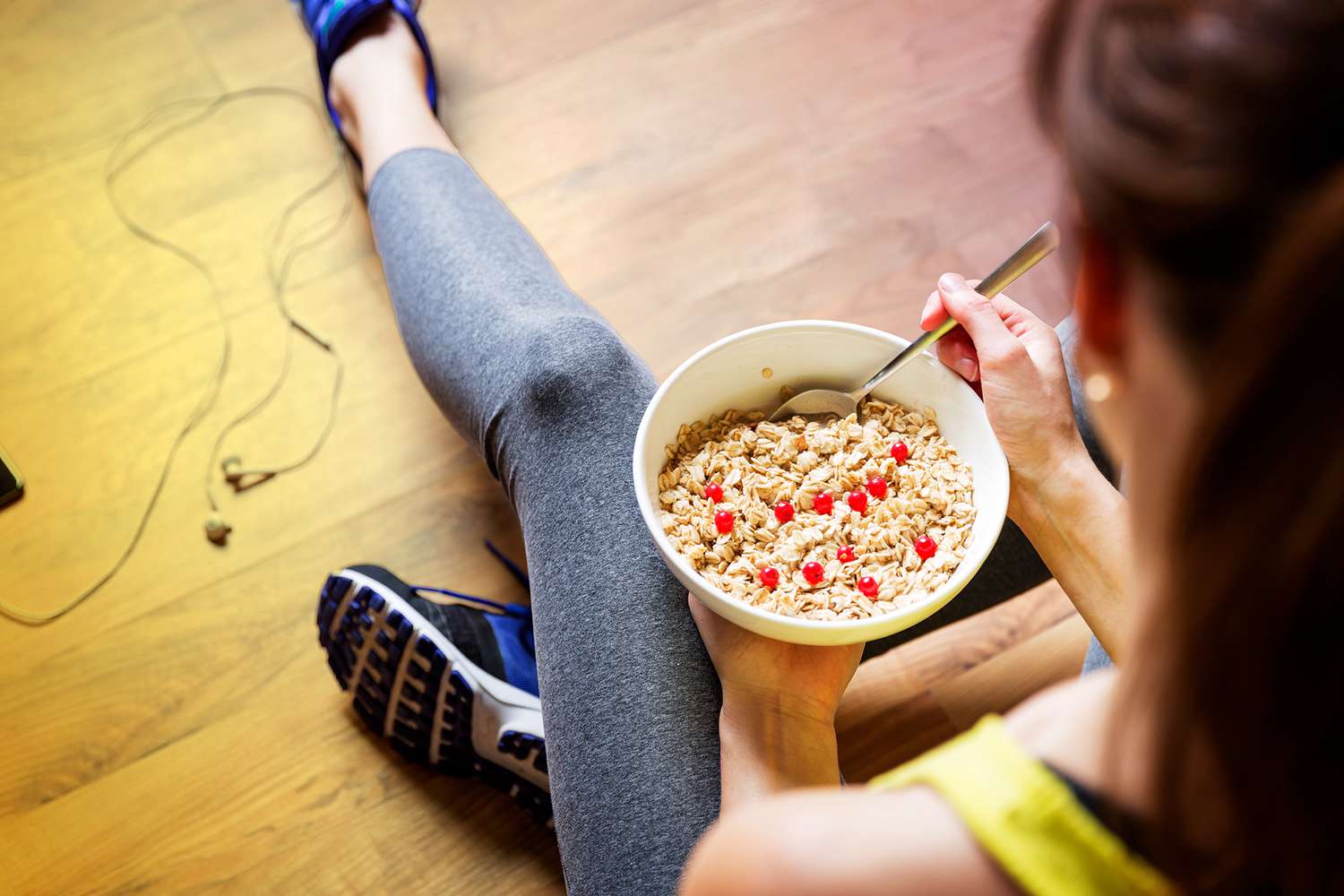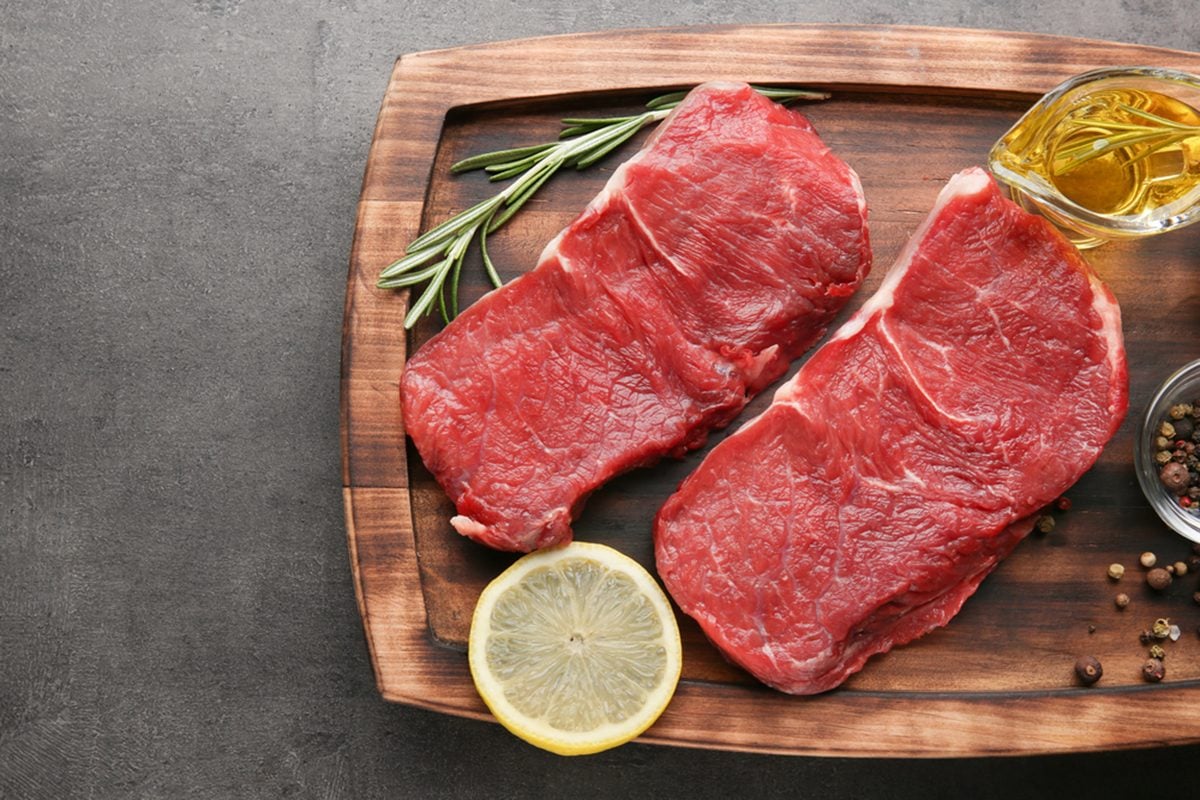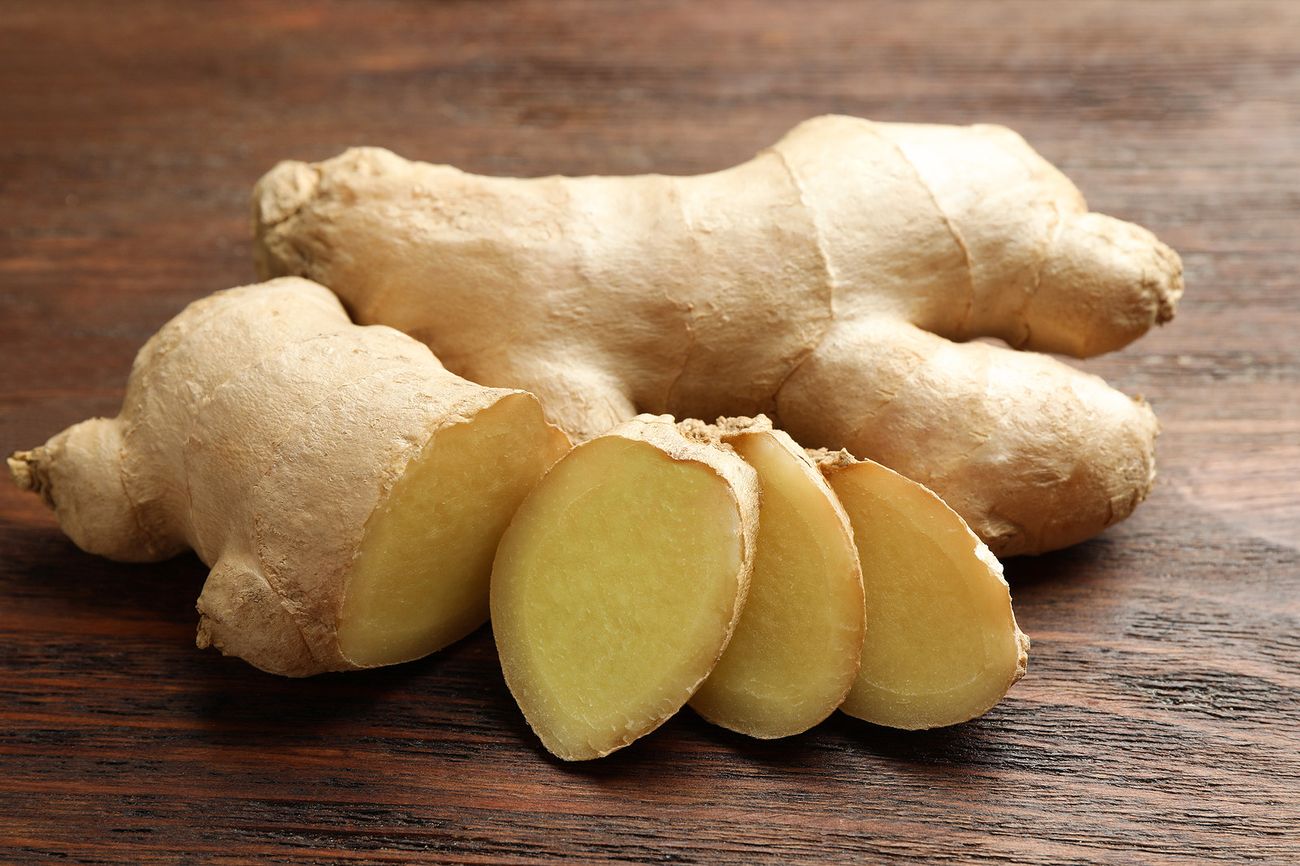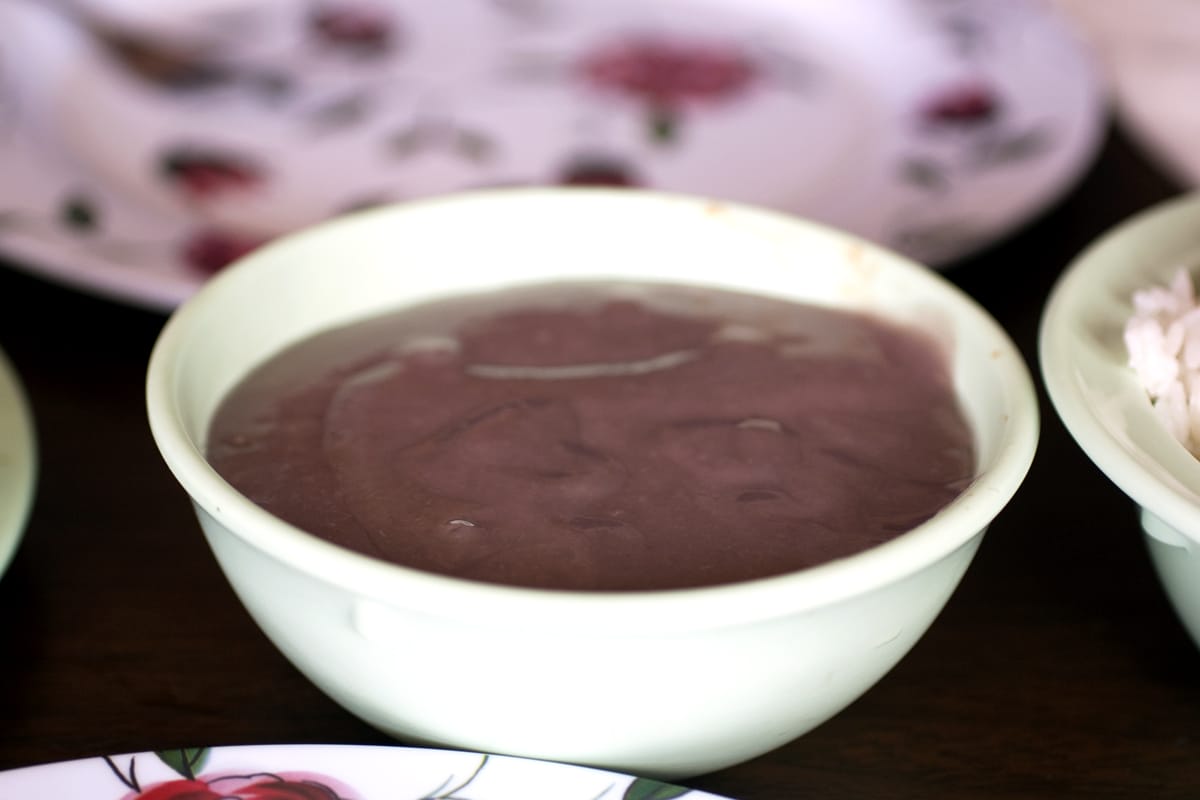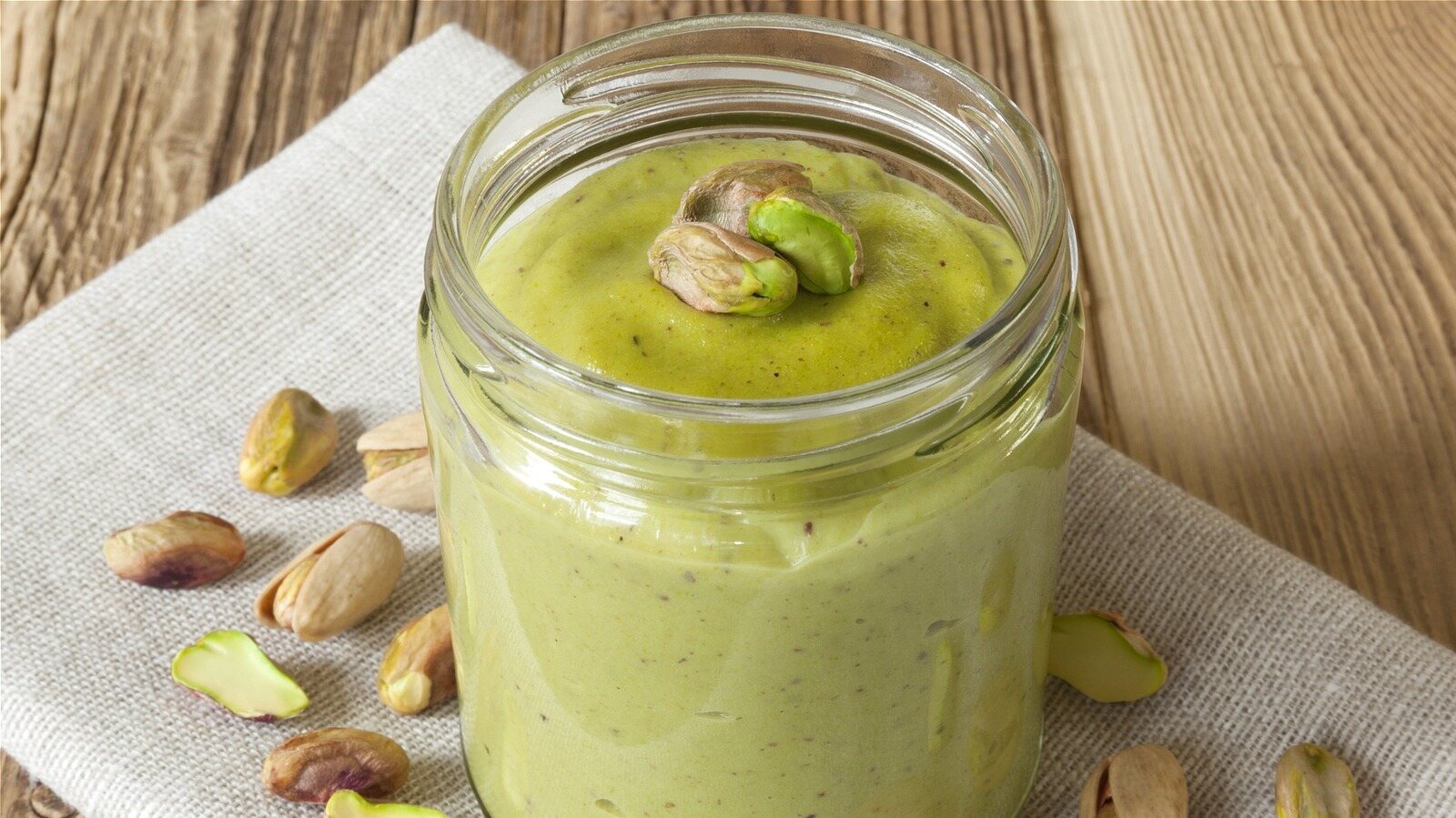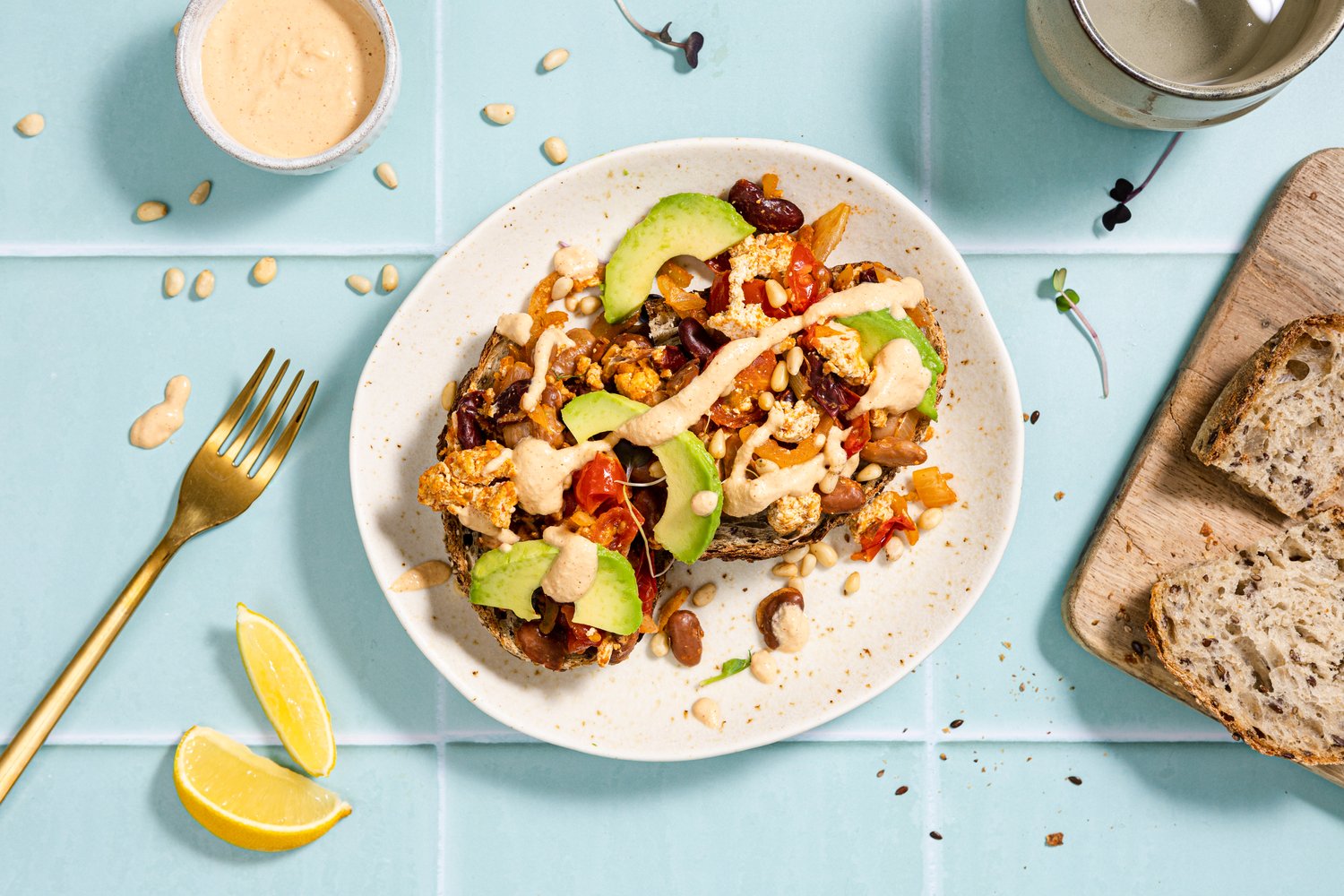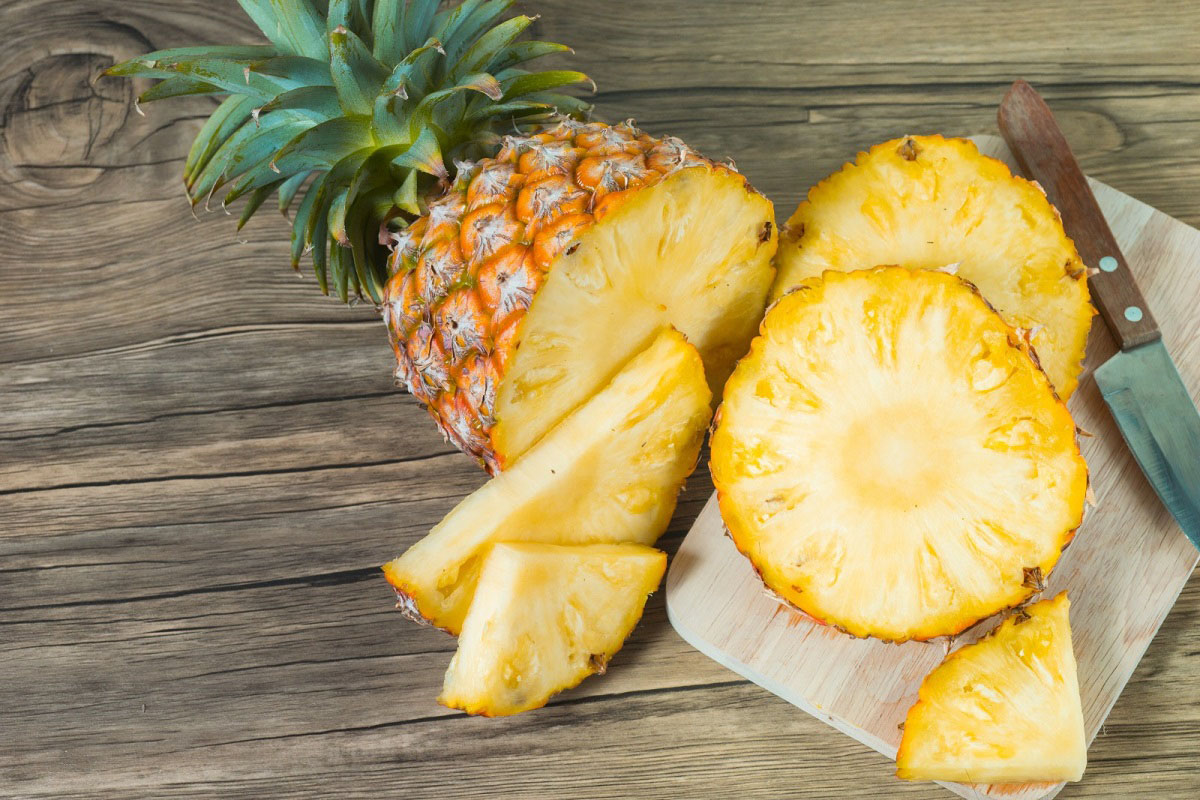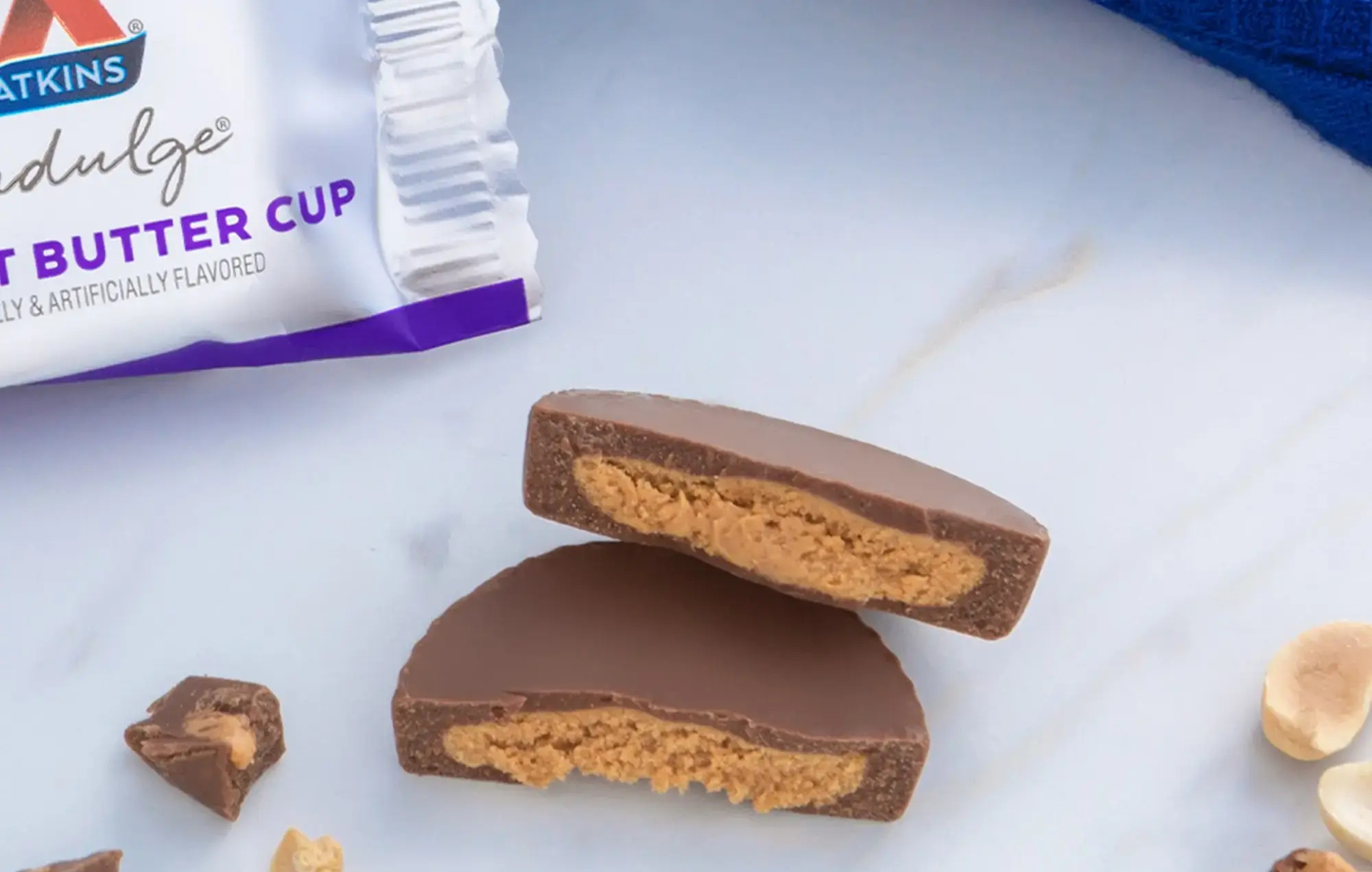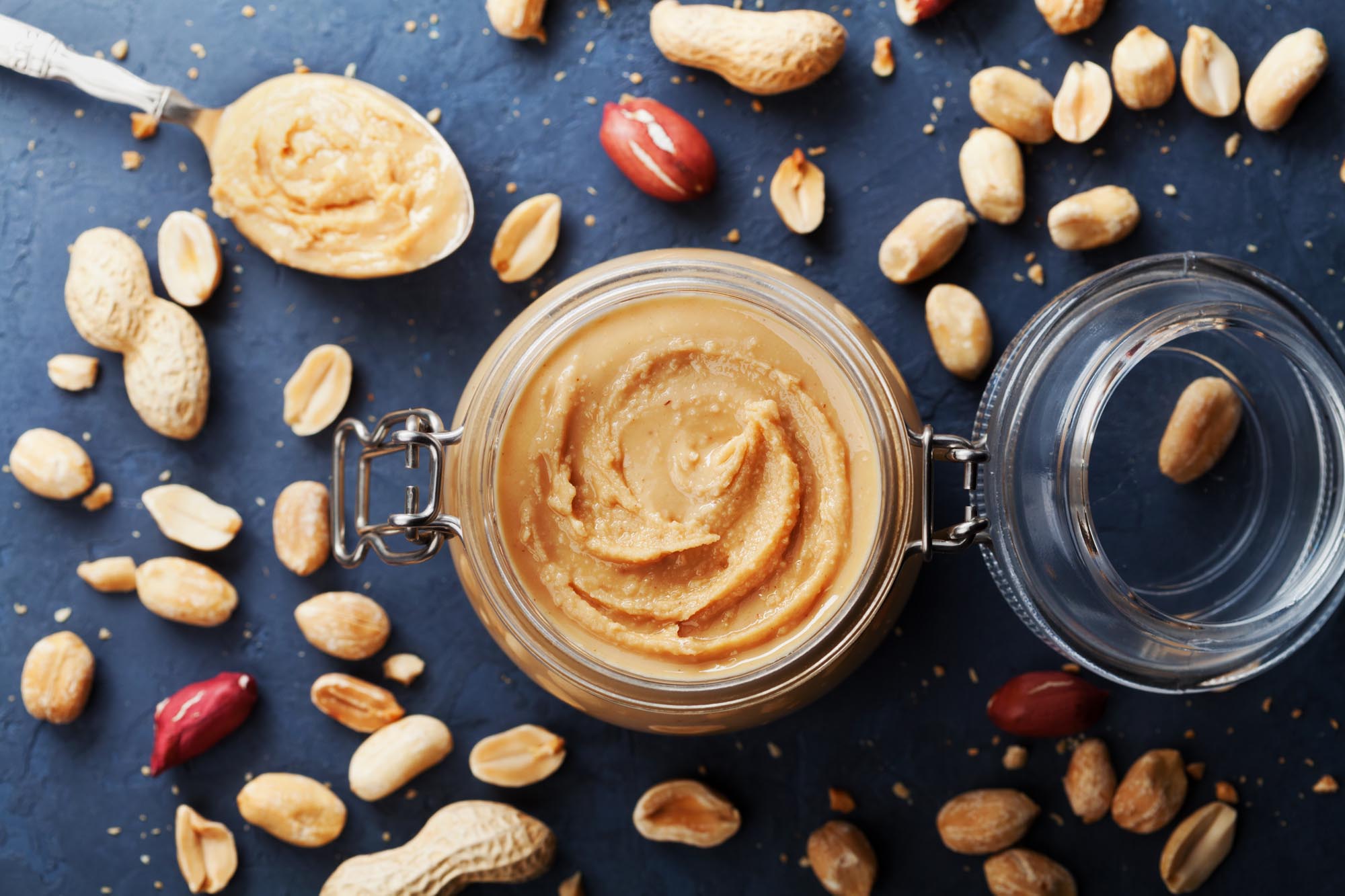How to Fuel Your Body for Exercise
Exercise is an essential part of a healthy lifestyle, but it’s important to fuel your body properly to get the most out of your workouts. Whether you’re a casual gym-goer or a dedicated athlete, the right nutrition can make a significant difference in your performance and recovery. Here are some tips on how to eat right for exercise:
1. Hydration is Key
Before diving into the specifics of food, it’s crucial to address the importance of hydration. Drinking an adequate amount of water before, during, and after exercise is essential for maintaining optimal performance and preventing dehydration. Aim to drink at least 8-10 glasses of water per day, and increase your intake on days when you’re exercising.
2. Pre-Workout Nutrition
What you eat before a workout can significantly impact your energy levels and endurance. Carbohydrates are your body’s primary source of fuel, so consuming a meal or snack rich in complex carbs, such as whole grains, fruits, and vegetables, can provide the energy you need to power through your workout. Additionally, including a moderate amount of protein can help support muscle repair and growth.
3. Post-Workout Recovery
After a workout, your body needs nutrients to repair and replenish glycogen stores. Consuming a combination of protein and carbohydrates within 30 minutes to an hour after exercise can help facilitate muscle recovery and replenish energy stores. This could be a protein shake, a turkey sandwich on whole grain bread, or a bowl of Greek yogurt with fruit.
4. The Importance of Macronutrients
Protein, carbohydrates, and healthy fats are the three macronutrients that play a crucial role in fueling your body for exercise. Including a balance of these nutrients in your meals and snacks can help support overall performance and recovery. Lean sources of protein, such as chicken, fish, tofu, and legumes, are essential for muscle repair and growth. Complex carbohydrates, like quinoa, sweet potatoes, and brown rice, provide sustained energy, while healthy fats from sources like avocados, nuts, and olive oil support overall health and satiety.
5. Timing Your Meals
Timing your meals and snacks around your workouts can also impact your performance. Eating a larger meal 2-3 hours before exercise can provide the necessary energy and prevent discomfort during your workout. If you’re exercising within an hour, opt for a smaller snack that’s easy to digest, such as a piece of fruit or a handful of nuts.
6. Listen to Your Body
Ultimately, the key to eating right for exercise is to listen to your body. Everyone’s nutritional needs and preferences are different, so pay attention to how different foods make you feel before, during, and after exercise. Experiment with various pre and post-workout meals and snacks to find what works best for you.
By prioritizing proper nutrition and hydration, you can optimize your workouts and support your overall health and well-being. Remember that consistency is key, and making small, sustainable changes to your eating habits can lead to significant improvements in your exercise performance and recovery.
